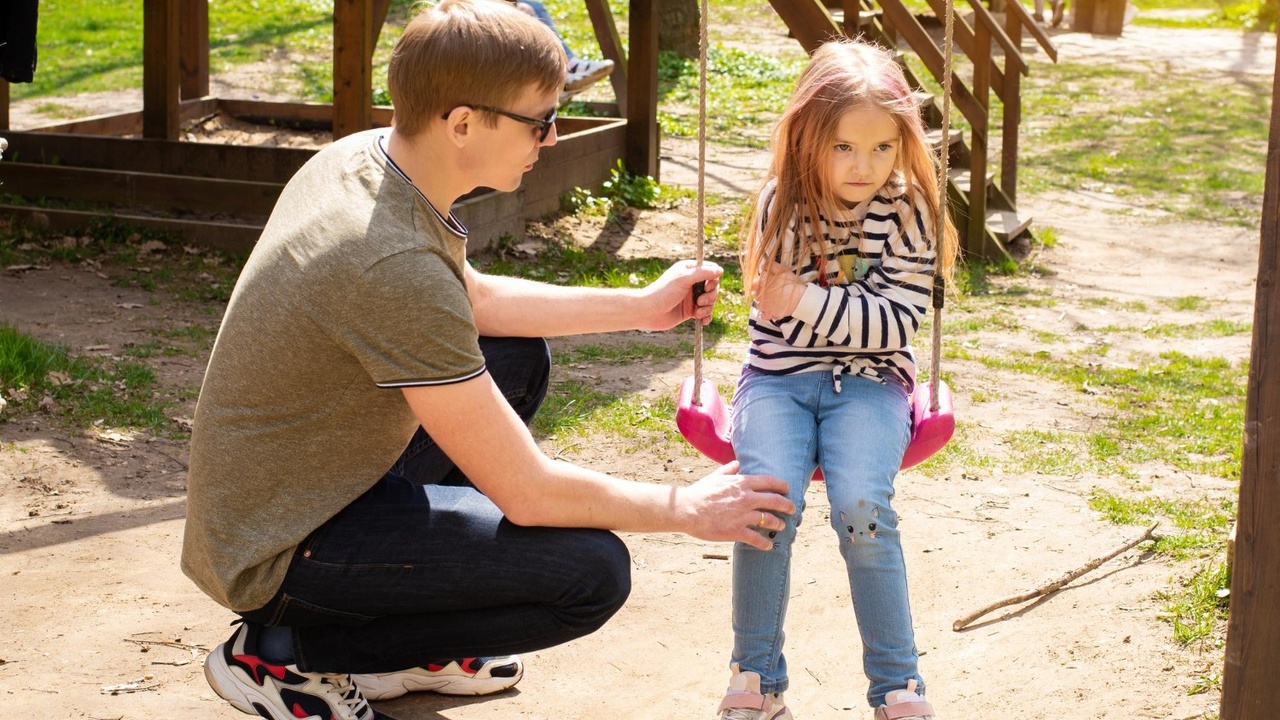When big feelings lead to bad behavior. Parenting Mistakes to Avoid.
Dec 08, 2022
As a parent, when your child is being unkind or exhibiting other unwanted behaviors is your first instinct to correct their behavior? Big feelings can bring about a host of unwanted behaviors in our kids and trigger a number of responses from us. As parents we want our kids to be kind and happy — and when they’re not, we can think that something has gone wrong or that we’ve done something wrong. This leads us to try to solve the “problem” that is causing the BIG feelings.
In last week’s blog, I explained how this line of thinking is a short-term solution because we are solving the wrong problem. The top mistake most parents make when dealing with big feelings and the behaviors that follow is they’re trying to solve the wrong problem in the wrong order.
Stay with me as I explain — If our child’s feelings are leading to big unwanted behaviors, our instinct is likely to immediately address the behavior. But we make a mistake when we point it out as it’s happening because when our child is experiencing big feelings their primitive brain is in control, and their primitive brain only knows to do one of three things — fight, run away (flight), or shut down (freeze). When they are in their primal brain they can’t learn the lesson that you want to teach them.
If we want to correct the unwanted behavior and teach our children how they should be acting instead, we have to address their feelings FIRST. Children have to feel good to behave well. If they are experiencing big negative feelings of anger, frustration, fear, anxiety, or any other host of feelings — they are really going to struggle to control themselves and behave at that moment.
Please note, I have many parents that question me on leading with feelings because they feel that they are allowing inappropriate behavior, and I want you to know that is NOT the case. Inappropriate behavior is not okay, but you can’t have a productive conversation about the behavior when your child is experiencing big feelings.
Let me give you an example so you see both sides of this scenario.
Years ago I had taken an afternoon off to take my son to the park. He was probably around 4. As we were playing in the sandbox, I observed another mother telling her daughter that it was time to leave. When the time was up the daughter was upset and did not want to leave, so the Mom told her she could have 5 more minutes. At the end of the 5 minutes, the daughter protested so the Mom gave her more time.
This went on for at least half an hour if not more. I got more and more frustrated as I watched this Mom held hostage by her young daughter, and unfortunately, that frustration then affected how I handled things with my son.
When our time was almost up I also gave my son a 5-minute countdown so he was prepared and knew that we were going to be leaving. At the end of the 5 minutes, he started to melt down. Given my level of frustration with what I had just observed, I picked our stuff up and told him it was time to leave because we had to go start dinner. He cried as we left the park and drove home. It was years ago now, but I’m assuming that I probably told him that he knew we were going to be leaving because I had given him a heads-up and that we had fun playing so let’s not ruin it with crying.
What I didn’t do was tell him that I could see that he was upset and sad, and I understood he was disappointed not to be able to stay and play longer as we left the playground. In this scenario, I would have held the boundary (unlike the mother at the park), while still having empathy for my son’s feelings. I believe that this would have kept the connection strong with my son and helped ease and calm his feelings. Once he had calmed down and could access his thinking brain, we could have talked about what we both could have done differently to make leaving the park easier for him. Instead, I told him why he shouldn’t be upset which didn’t help.
Teaching your child how to deal with feelings of frustration and disappointment is the REAL problem that you want to solve. Learning how to calm your nervous system to handle frustration and disappointment is a SKILL that kids learn by having their parents and caregivers walk them through it — over and over again until they can do it on their own. Once they are calm, you can address the unwanted behavior.
If the brain part seems confusing, I have you covered. I teach a very simple way to understand your child’s brain using animal analogies, which makes parenting through the feelings much easier. I also teach simple tools to help you support your child through those big feeling moments. I’m going to be covering this and more in my upcoming workshop on How To Parent Through Big Feelings.
Please check out the link and register. I’m on a mission to build a new emotionally healthy and resilient generation that knows how to handle big feelings and hope you will join me.
Join the Confident Parenting Community.
Receive the latest tips and tools from the Confident Parenting Toolbox to support your kids
(and yourself!) with today's challenges so your whole family can thrive.
We hate SPAM. We will never sell your information, for any reason.


